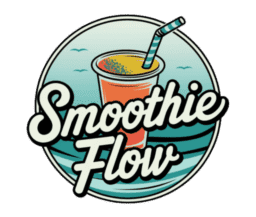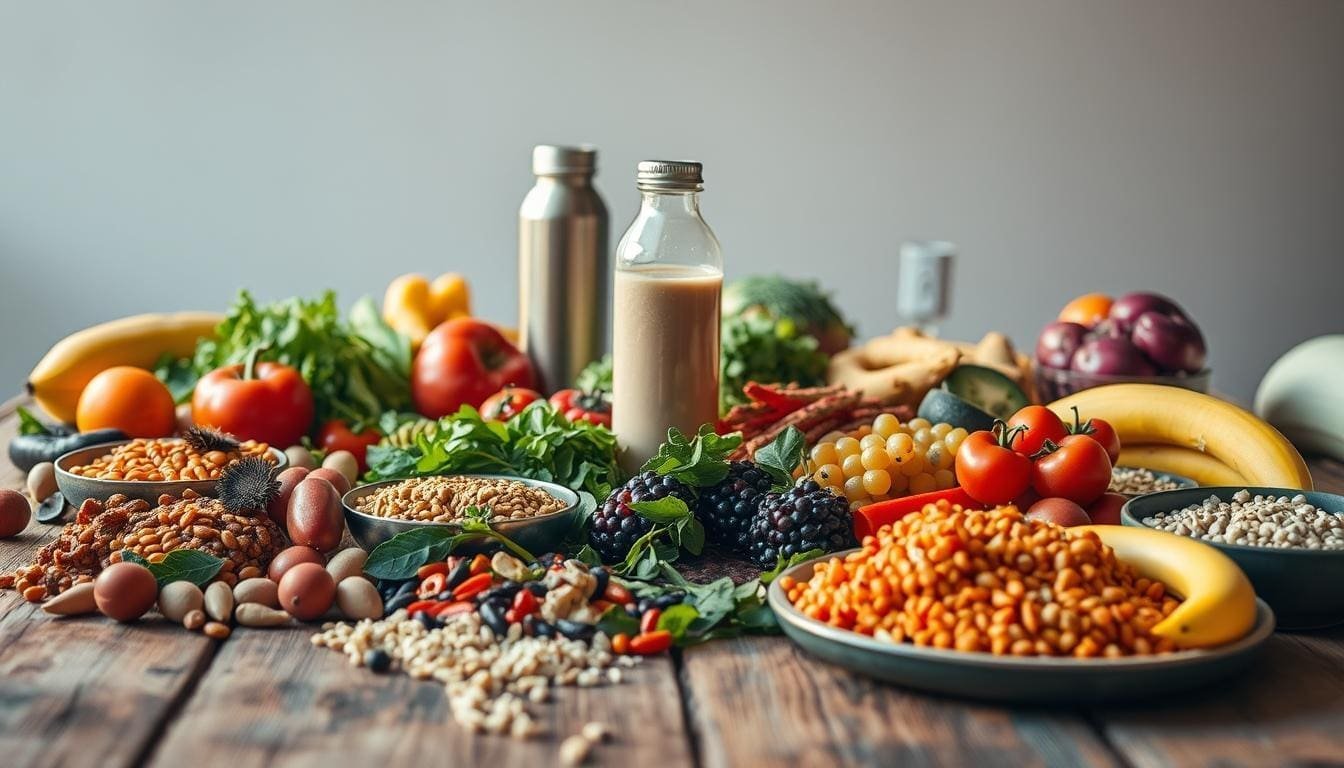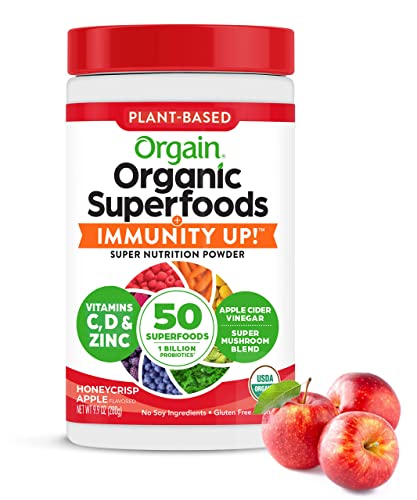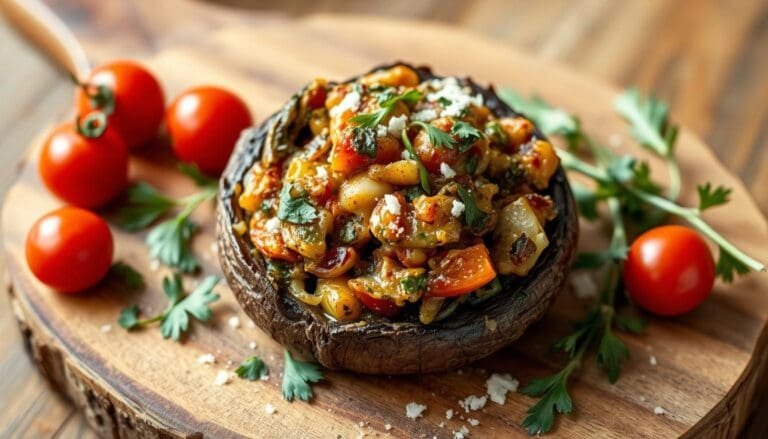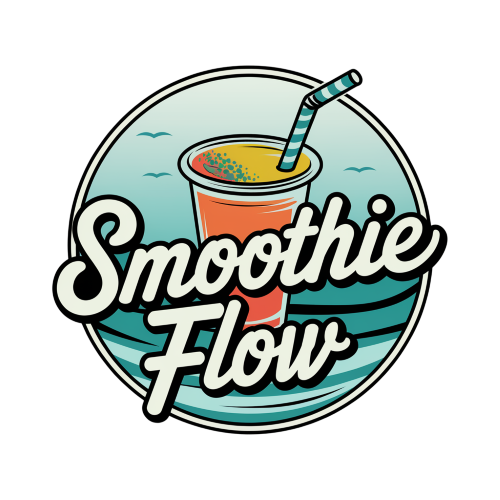🏋️♂️ Plant-Powered PRs: How I Got Faster, Stronger, and Less Sore on Plants
I used to think “plant-based athlete” meant running laps around a salad bar. Then I hit a wall—literally—at mile 18 of my first marathon. My legs quit, my stomach revolted, and my gel packs tasted like regret. I ditched the gels, loaded up on beans, oats, and berries, and shaved 11 minutes off my next race. True story. If you train hard and want to feel better, not just lighter, keep reading. 😉
⚡ Quick Snapshot
- Energy: Steady, no spikes or crashes.
- Recovery: Less soreness, faster bounce-back.
- Cost: My grocery bill dropped $30/month swapping chicken for chickpeas.
- Flex level: 100 %. You can still crush grandma’s lasagna at Sunday dinner.
🥦 My “Oh Crap” Moment & the Fix
I bonked at mile 18 because I’d under-fueled on carbs and over-fueled on caffeine. Post-race, I rebuilt my plate:
- Carbs: Oats, brown rice, sweet potatoes (rocket fuel)
- Protein: Lentils, tofu, pea-protein shakes (muscle glue)
- Fats: Almonds, chia, avocado (joint lube)
Three weeks later I ran the same course 11 minutes faster and walked upstairs the next day without whimpering.
🏃♂️ Pre-Workout Fuel That Won’t Ghost You
| Meal | Macros | Timing | Why It Slaps |
|---|---|---|---|
| Overnight oats + berries + PB | 60 g C / 12 g P / 8 g F | 90 min pre-run | Slow-burn carbs, zero gut bombs |
| Banana + 1 tbsp almond butter | 30 g C / 4 g P / 8 g F | 30 min pre-lift | Quick energy, no blender drama |
| Sweet-potato mash + cinnamon | 45 g C / 2 g P / 0 g F | 60 min pre-ride | Easy to digest, tastes like pie |
Pro tip: Never try a new food on race day. Learned that the hard way. 🙃
🥤 Post-Workout Recovery Shake (Tastes Like Dessert)
Blend in 30 sec flat:
- 1 cup pea milk
- 1 scoop pea protein (20 g protein)
- ½ cup frozen blueberries (antioxidant bomb)
- 1 frozen banana (creaminess + carbs)
- ¼ cup tart cherry juice (bye-bye inflammation)
- Handful spinach (you won’t taste it)
Macros: 40 g carbs / 25 g protein / 5 g fat—the golden ratio for glycogen refill and muscle repair.
🏋️♀️ Protein Cheat Sheet (No Math Degree Required)
| Food | Protein/Serving | How I Use It |
|---|---|---|
| Lentils | 18 g / cup cooked | Chili, tacos, lazy soup dump |
| Tofu | 20 g / block | Air-fryer nuggets or scramble |
| Pea protein powder | 20 g / scoop | Shake or oatmeal booster |
| Tempeh | 15 g / ½ cup | Stir-fry or sandwich “bacon” |
| Quinoa | 8 g / cup cooked | Base for literally everything |
📅 Training-Day Meal Hacks
Endurance Day
- Breakfast: Oats + maple + berries
- Mid-run: Dates (nature’s gel)
- Post-run: Recovery shake above
Strength Day
- Lunch: Tempeh burrito bowl (extra guac)
- Snack: Roasted chickpeas + pumpkin seeds
- Dinner: Lentil bolognese over whole-wheat pasta
Rest Day
- Focus: Antioxidants & fiber
- Go-to: Smoothie bowl + avocado toast
🧪 Science Says (In Human Words)
- Muscle gains: 2023 study—plant protein builds muscle as well as whey when total protein matches.
- Inflammation: Antioxidants in berries & leafy greens cut soreness markers up to 30 %.
- Heart health: Plant eaters show 15 % higher VO₂ max in endurance tests. Translation: you can brag about your resting heart rate.
🛒 Budget-Friendly Staples
| Item | Cost/Serving | Pro Tip |
|---|---|---|
| Dried lentils | $0.25 | Cook once, eat all week |
- Frozen berries | $0.75 | Smoothie gold, lasts months |
- Rolled oats | $0.15 | Overnight oats = meal-prep cheat code |
- Peanut butter | $0.20 | Spoon straight in—no shame |
🚫 Rookie Mistakes I Made So You Don’t Have To
- Under-eating carbs → Bonk city. Eat the rice.
- Ignoring B12 → Tired AF. Pop a supplement.
- Chugging fiber mid-run → Trust me, porta-potties are not fun. Save the bean burrito for after.
🎉 Final Lap
Plant-based training isn’t about perfection—it’s about progress. Swap one meal, track how you feel, and adjust. My marathon medal and pain-free squats say it works.
So yeah, if you’ve been side-eyeing the tofu section, now’s the time to toss it in the cart. Your next PR might just thank you later. 😉
